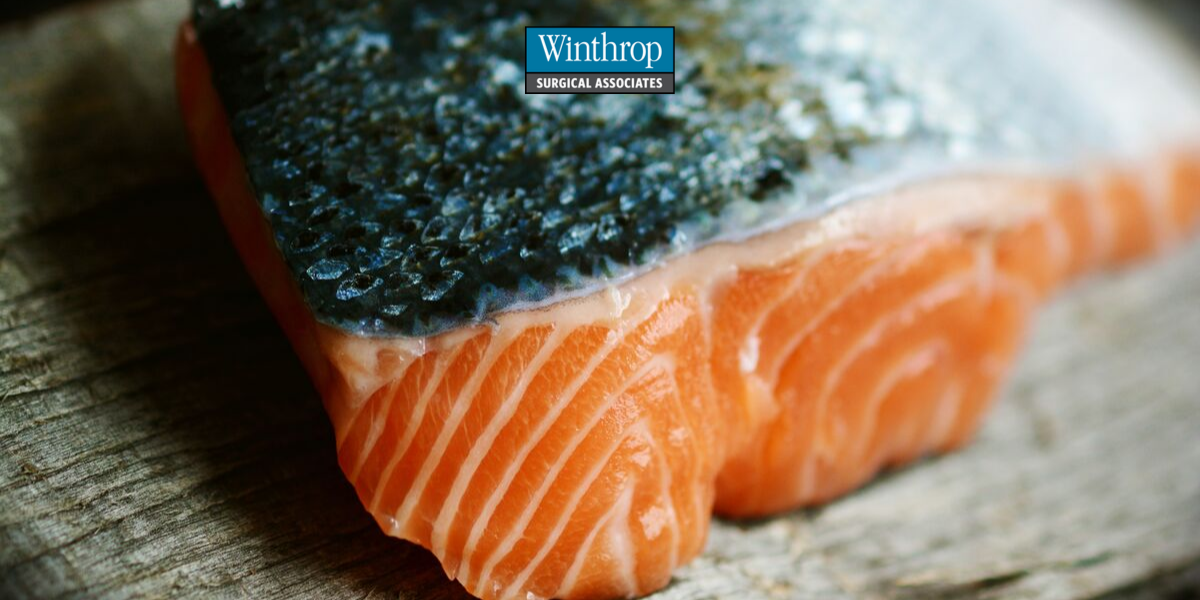Gastric Sleeve Post-op Diet Plan
When deciding if bariatric surgery is the right choice for you, it is natural to wonder what life after surgery will look like. A big part of that is what your diet will look like. For healthy, sustained weight loss, many patients will be making major diet modifications as well as changes to their lifestyle. But many people are surprised by just how normal a bariatric patient’s diet can be once the initial phases are over and you adjust to a full diet.
Clear Liquids
For many patients, the first few weeks after their weight loss surgery are the most difficult. We ask patients to adhere to a strict clear liquid diet, whether you choose the sleeve gastrectomy or gastric bypass. Clear liquids include more than just water – any that are translucent, meaning light can pass through. Liquids with a fuller, milky consistency would not be appropriate at this stage. You will be getting your protein intake from protein drinks that fall into this category. If you need recommendations, talk to your care team.
Modified Liquid Diet & Soft Foods
Once you graduate from clear liquids only, you will move to a modified liquid diet. This generally consists of foods with a full liquid or pureed texture. You will want to transition slowly to these new textures. Foods at this stage will range from thicker protein shakes to smooth foods like Greek yogurt. From here, you will graduate to soft foods. Think scrambled eggs and finely shredded chicken or ground meat. Consult your post-op packet for more guidance on these phases.
Full, Long Term Diet
Around 6 weeks after surgery, you will start your transition into a normal solid food diet. Again, go slow and if you are having issues, speak with your care team. Your restrictions at this point are based on calories, fat and carbohydrate intake. Focus on lean proteins and low starch veggies. Remember, you have limited space in your pouch, so fill it first with the more valuable nutrients. Eat slowly and mindfully, allowing your body to tell you when it is full, with the restriction you feel. Avoid letting old habits slip in, and if you need help reach out to your care team.
Once you reach the long-term maintenance phase of your diet, you will notice that there aren’t many foods that you can’t eat. Mostly, we encourage all our patients to avoid processed foods that are high in saturated fats and sugars and to eat whole grains, fruits, vegetables and lean proteins. While it may seem daunting at first, healthy and nutritious foods can be interesting and delicious. Just give us a call or visit our support group to learn more.

